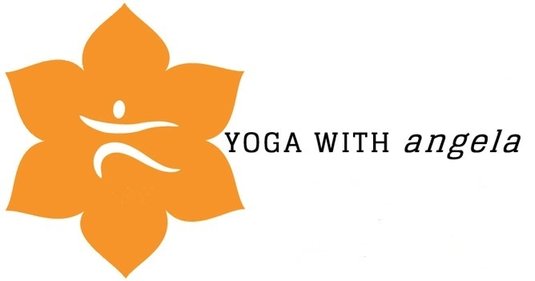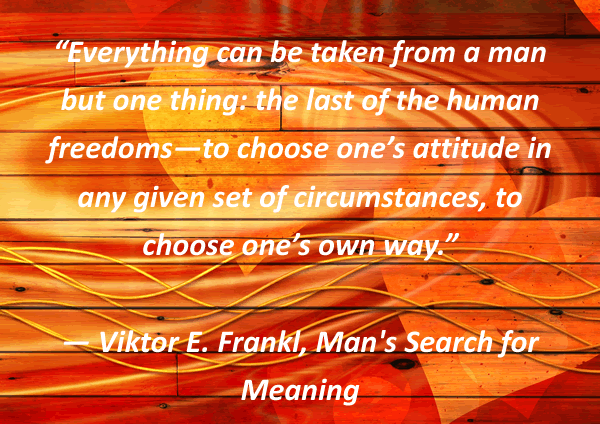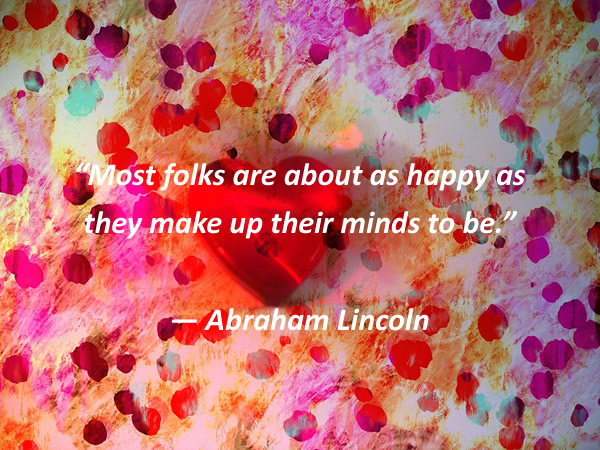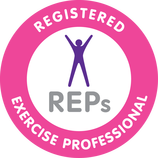This week I’d like to talk about choices.
The choices we make can have such a profound effect on our lives. Sometimes we are responsible for the choices we make, sometimes we are part of a bigger picture and choices seem to be made for us. Is there such a thing as too much choice? Does making a choice get easier or more difficult, the more important it is? If we don’t have a choice about something, are we ultimately more content because we have no regrets and can't wish we had tried or done something else?
I went to the Isle of Man last weekend and it was like taking a trip back in time. We had limited our choice of hotels by not taking a car; even then, there wasn’t actually much choice! The hotel was not somewhere I would normally stay. It was a bit dated, very tired looking and had the quirkiest layout I have ever encountered, plus a hairdryer that seemed to have been made in the 1840s! If I had seen pictures of a hotel like this in London I wouldn’t even have considered it. But we had no choice, and having no choice forces you to seek out the positives. The view from our hotel window was stunning, the room was immaculately clean, and the staff were friendly, efficient and helpful. In the end, we had a wonderful two night stay there.
Here’s what the experience last weekend told me: things sometimes don’t turn out how you would have originally planned, but it’s up to you (to me!) to decide how you react.
The choices we make can have such a profound effect on our lives. Sometimes we are responsible for the choices we make, sometimes we are part of a bigger picture and choices seem to be made for us. Is there such a thing as too much choice? Does making a choice get easier or more difficult, the more important it is? If we don’t have a choice about something, are we ultimately more content because we have no regrets and can't wish we had tried or done something else?
I went to the Isle of Man last weekend and it was like taking a trip back in time. We had limited our choice of hotels by not taking a car; even then, there wasn’t actually much choice! The hotel was not somewhere I would normally stay. It was a bit dated, very tired looking and had the quirkiest layout I have ever encountered, plus a hairdryer that seemed to have been made in the 1840s! If I had seen pictures of a hotel like this in London I wouldn’t even have considered it. But we had no choice, and having no choice forces you to seek out the positives. The view from our hotel window was stunning, the room was immaculately clean, and the staff were friendly, efficient and helpful. In the end, we had a wonderful two night stay there.
Here’s what the experience last weekend told me: things sometimes don’t turn out how you would have originally planned, but it’s up to you (to me!) to decide how you react.
Some of my clients are incredibly inspiring. Although I can see that they suffer chronic pain and struggle to practice yoga or Pilates, they never give up. They choose to keep moving, stay strong and refuse to limit their opportunities to take life by the scruff of the neck and live it! They are my role models and I feel so privileged to have them come to my classes.
I’m probably worse than average at reacting to setbacks and can find myself brooding on things I did or didn’t do from time to time. Fortunately, though, I know this and can try to fix it. I think we can all choose how to react to a situation and take responsibility for our own emotions and actions to react in a calm, considered way. Very often the things we get impatient about are pretty meaningless, when it comes down to it, and make very little difference to our lives.
Michael Stone, yoga teacher and psychotherapist, writes:
"You don't have to practice generosity, you just work with your capacity for greed, and in the absence of greed, generosity shows up. You work with your capacity for anger, and in the absence of anger, friendliness shows up. You work with your capacity for distractedness, and in the absence of distractedness, equanimity shows up. The point of what we call 'practice' is that it's a process of uncovering the forces of good that were there in the first place."
When we practise yoga and Pilates, we are choosing to look after ourselves. To give ourselves some time away from our busy schedules, quieten our minds and be in the moment. Studying yoga and Pilates have taught me to take responsibility for my emotions and to put things into perspective, and understand the difference between want and need!
I’m probably worse than average at reacting to setbacks and can find myself brooding on things I did or didn’t do from time to time. Fortunately, though, I know this and can try to fix it. I think we can all choose how to react to a situation and take responsibility for our own emotions and actions to react in a calm, considered way. Very often the things we get impatient about are pretty meaningless, when it comes down to it, and make very little difference to our lives.
Michael Stone, yoga teacher and psychotherapist, writes:
"You don't have to practice generosity, you just work with your capacity for greed, and in the absence of greed, generosity shows up. You work with your capacity for anger, and in the absence of anger, friendliness shows up. You work with your capacity for distractedness, and in the absence of distractedness, equanimity shows up. The point of what we call 'practice' is that it's a process of uncovering the forces of good that were there in the first place."
When we practise yoga and Pilates, we are choosing to look after ourselves. To give ourselves some time away from our busy schedules, quieten our minds and be in the moment. Studying yoga and Pilates have taught me to take responsibility for my emotions and to put things into perspective, and understand the difference between want and need!



 RSS Feed
RSS Feed
